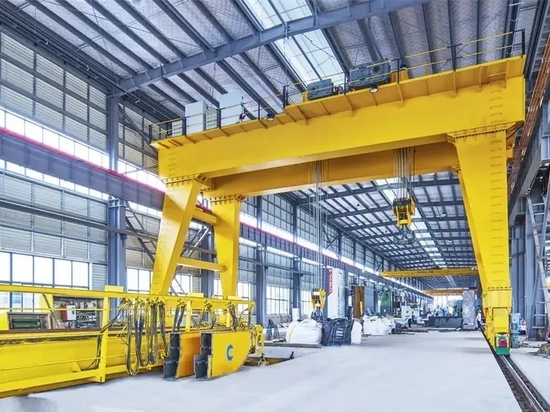
#Industry News
Alloy Molding Frames For Three-Cylinder Engines In Fuel Cars Play A Crucial Role In The Manufacturing Process Of Engine Components
Alloy Molding Frames For Three-Cylinder Engines In Fuel Cars Play A Crucial Role In The Manufacturing Process Of Engine Components
Alloy molding frames for three-cylinder engines in fuel cars play a crucial role in the manufacturing process of engine components. These frames are used to shape various engine parts with precision and accuracy. Here are some key characteristics and considerations for alloy molding frames used in the production of three-cylinder engines for conventional fuel-powered vehicles:
Alloy Material: Alloy molding frames are typically made from high-strength and heat-resistant alloys, such as cast iron, aluminum, or steel. The choice of material depends on factors like the engine's size, weight, and operating conditions.
Precision and Tolerance:
High Precision: The molding frames must be manufactured with extreme precision to ensure that engine components meet stringent dimensional and geometric requirements.
Tight Tolerances: These frames maintain tight tolerances to ensure that the cast parts fit together seamlessly and meet the design specifications. Even minor deviations can affect engine performance.
Durability:
Heat Resistance: The alloy molding frames must withstand high temperatures during the casting process without warping or deforming.
Wear Resistance: They should have good wear resistance to endure repeated use without deteriorating.
Modularity:
Flexibility: Many modern manufacturing processes emphasize modularity, allowing for the production of different engine configurations using the same or similar molding frames. This enhances production flexibility and cost-effectiveness.
Clamping Mechanisms:
Secure Clamping: The frames incorporate clamping mechanisms to securely hold the sand molds or patterns in place during the casting process. These mechanisms ensure that the molten metal flows into the mold cavities accurately.
Cooling Systems:
Heat Dissipation: Some molding frames may include cooling channels or systems to dissipate the heat generated during the casting process. This helps maintain the frame's structural integrity and prevents overheating.
Maintenance:
Easy Maintenance: Alloy molding frames should be designed for easy maintenance and repair. Regular inspection and maintenance are essential to ensure consistent quality in cast engine components.
Measurement and Inspection:
Quality Control: Regular inspection and measurement of the molding frame's dimensions are crucial to verify that it meets the specified tolerances. Advanced metrology tools are often used for quality control.
Quality Assurance:
Process Control: To ensure the quality of cast engine components, manufacturers implement stringent process controls, including monitoring and optimizing the casting process, as well as inspecting finished parts.
Alloy molding frames are fundamental tools in the production of engine components for fuel-powered vehicles. Their precision and durability directly impact the performance, reliability, and efficiency of the engines. Ensuring that these frames meet the necessary standards is essential for producing high-quality engines.





